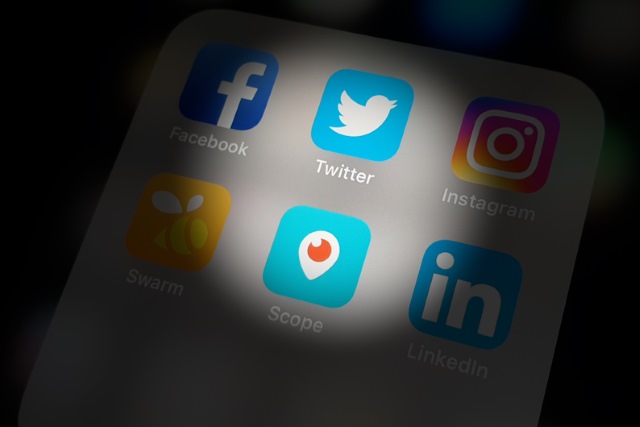
Twitter to suspend users who repeatedly post abusive comments on Periscope
As part of its continuing attempts to clean up its platform, Twitter has announced that it is going to apply its rules more strictly on Periscope. Starting in mid-August users who repeatedly post abusive comments or harass others run the risk of being banned.
Twitter will enforce its guidelines more aggressively during live broadcasts. The company says that it will "review and suspend accounts for repeatedly sending chats that violate" its rules.
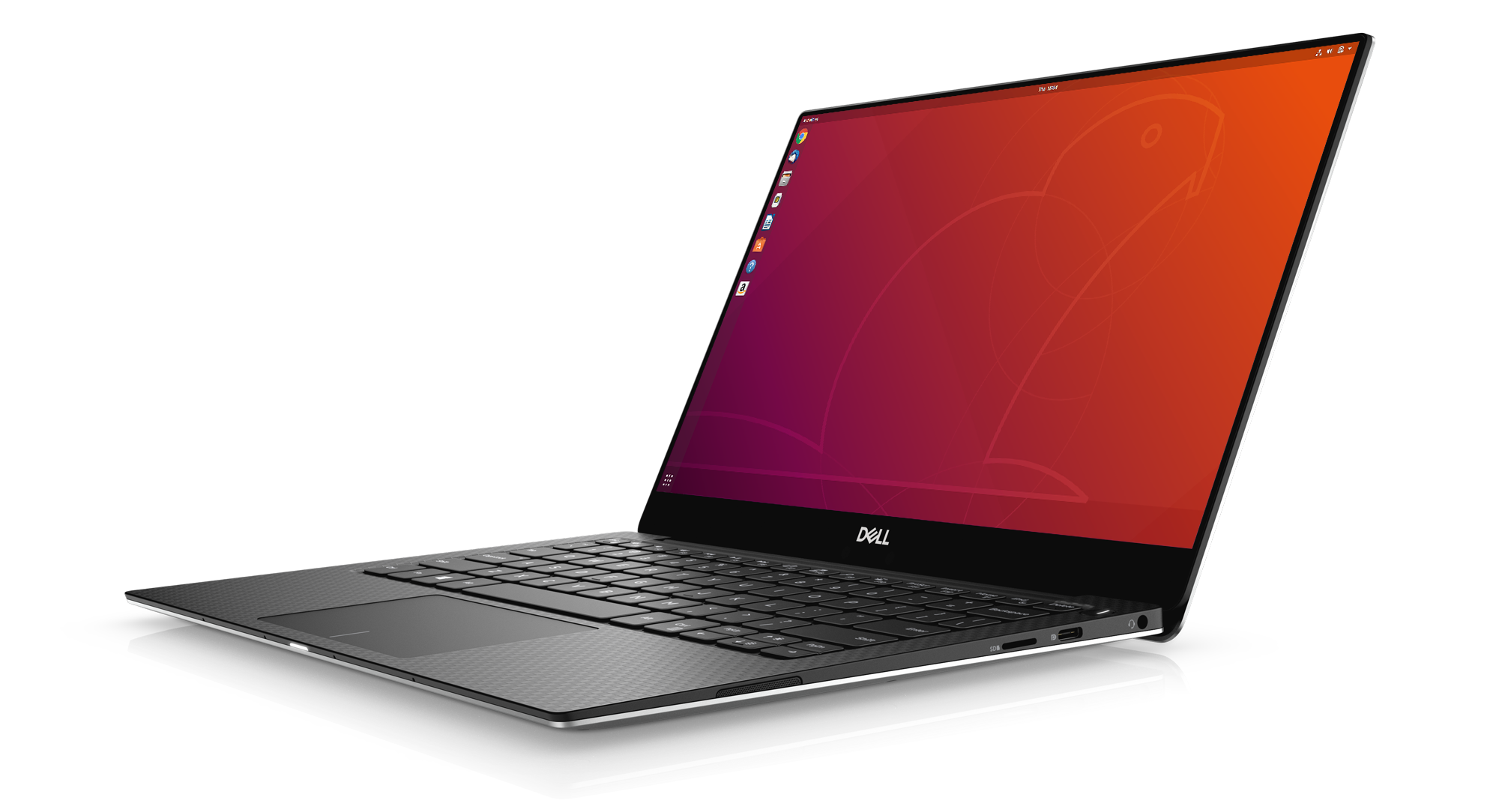
Dell XPS 13 (9370) Developer Edition finally available with Ubuntu Linux 18.04 LTS
The Dell XPS 13 is wonderful laptop regardless of which operating system you choose for it. While it comes with Windows 10 by default, you can also opt for the "Developer Edition" which instead comes with Ubuntu Linux.
Unfortunately for some, Dell has been shipping the Dell XPS 13 Developer Edition with Ubuntu 16.04 despite the newer 18.04 being available. This really isn't such a bad thing, as like 18.04, 16.04 is LTS (long term support) and still supported by Canonical. Some consumers probably appreciated this, as 16.04 was more proven. With yesterday's release of Ubuntu 18.04.1 and its included bug fixes, however, Dell is now ready to ship the newer operating system. Starting today, the XPS 13 Developer Edition comes with Ubuntu 18.04 pre-installed.
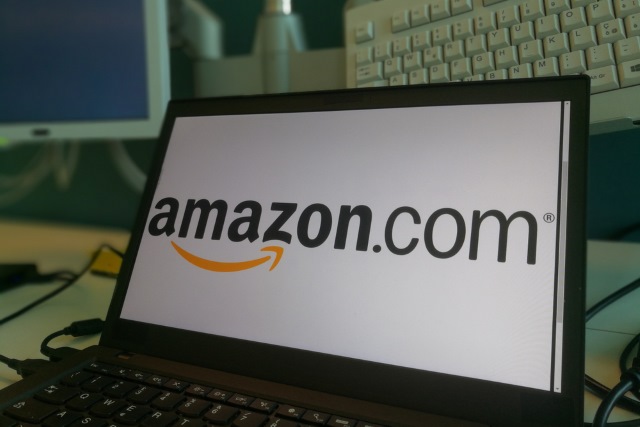
Amazon finally lets users collaborate on lists
After years of pleading from its customers, Amazon is finally making it possible to collaborate on lists on the site.
While it has long been possible to share a personal list with friends and family, the ability to allow other people access has remained a distant dream -- aside from the event-specific Wedding Registry feature. At long last, people are now able to contribute to a shared list for any sort of event.
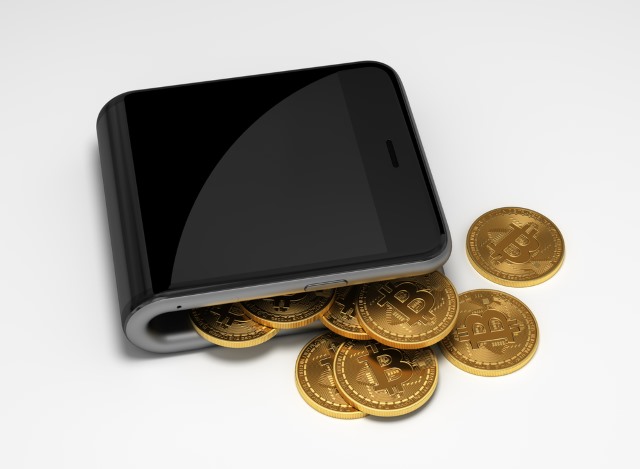
SafeWallet aims to make cryptocurrency transactions easier and more secure
Anyone who has dabbled in Bitcoin or other cryptocurrencies knows that the wallet process for storing and using coins can be a bit of a pain.
Wallet users are often forced to use long private keys and mnemonic phrases to back up their crypto-assets, with most wallet apps asking users to print their private keys and mnemonic phrases onto a piece of paper, something which can easily be lost or stolen.
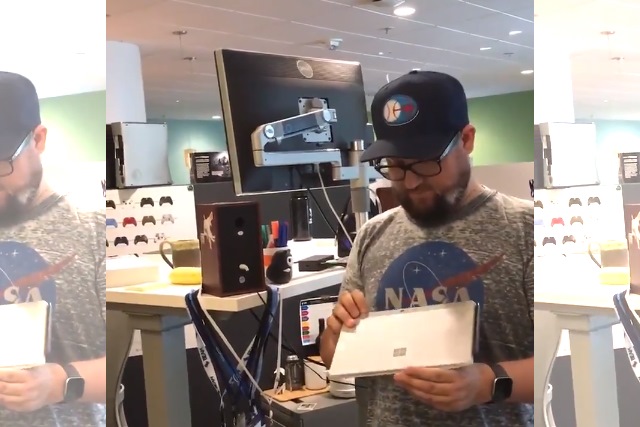
Microsoft reveals all in Surface Go unboxing video
Microsoft's Dona Sarkar has taken to Twitter to share Surface Go unboxing videos.
Due for release next week -- August 2, to be precise -- the Surface Go was revealed just a couple of weeks ago. Microsoft has already shared a few videos of its upcoming tablet on YouTube, but the new videos show Dona Sarkar and Brandon LeBlanc from the Windows Insider team getting hands on.
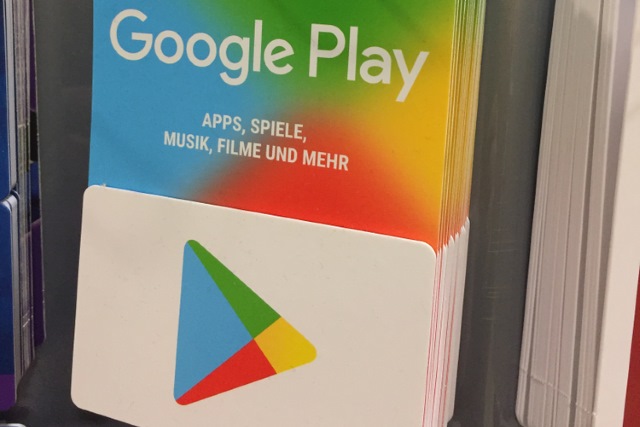
New Google policies ban cryptocurrency miners from the Play Store
Google has issued an update to its Play Store policies banning cryptocurrency mining apps.
A new addition to the Developer Policy Center now explicitly states: "We don't allow apps that mine cryptocurrency on devices. We permit apps that remotely manage the mining of cryptocurrency". Google has also introduced a number of other restrictions including a ban on apps that allow for the sale of firearms.
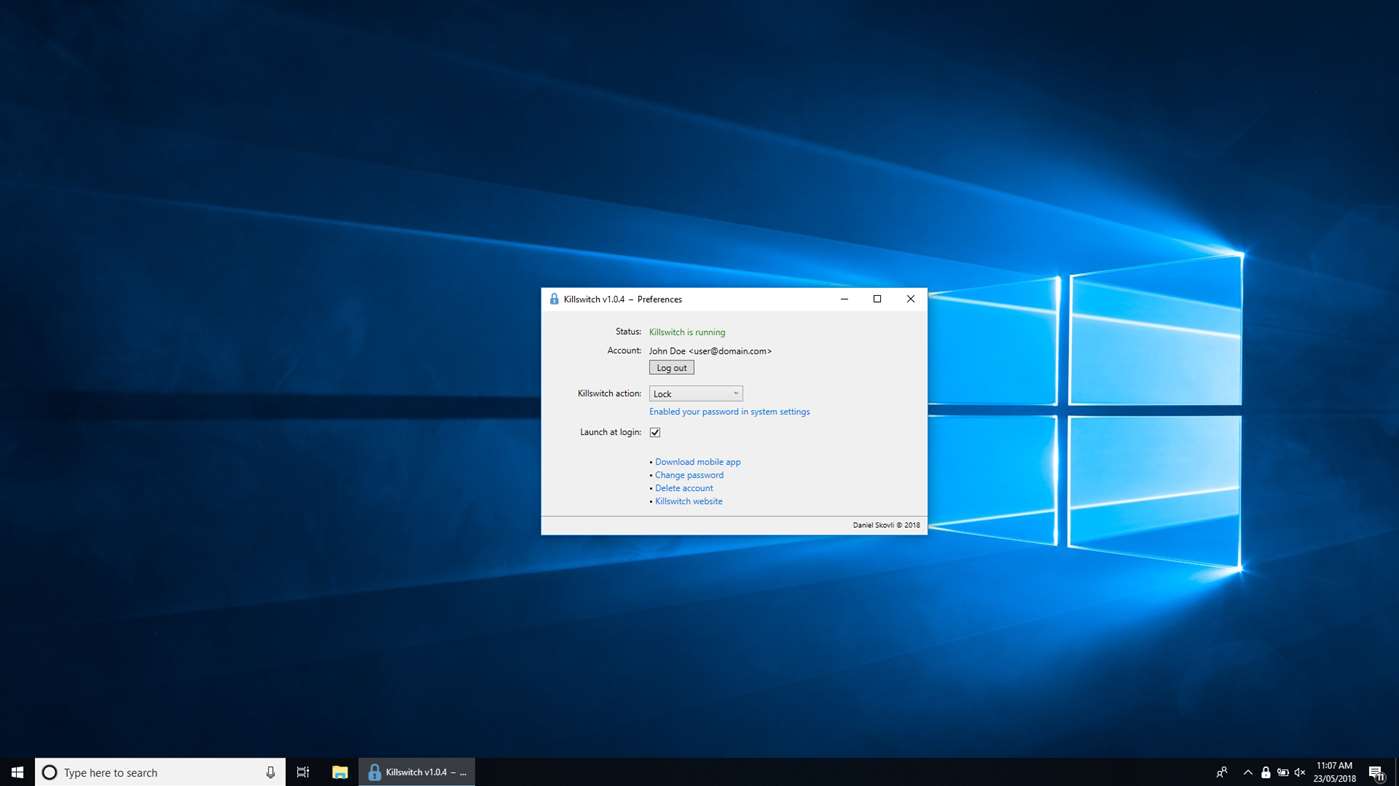
Best Windows 10 apps this week
Two-hundred-and-ninety-three in a series. Welcome to this week's overview of the best apps, games and extensions released for Windows 10 on the Windows Store in the past seven days.
The first feature release of 2019 for Windows 10 will reduce the likelihood that update reboots interrupt work by using cloud infrastructure and new prediction algorithms.
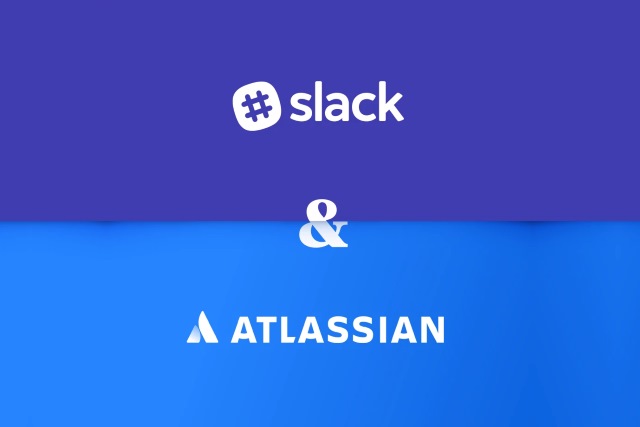
HipChat and Stride to close as Atlassian sells assets to rival Slack
Slack and its rivals Atlassian have announced they are forming a strategic partnership that will see chat tools HipChat and Stride closed down.
As part of the deal, Atlassian has made an equity investment in Slack, while Slack has acquired the intellectual property rights for Stride and HipChat Cloud. Moving forward, Stride, HipChat Cloud, HipChat Server and HipDhat Data Center will all be discontinued, and users will be offered a migration path to Slack -- making it even stronger competition for Microsoft's Teams.

Infowars' Alex Jones is banned from Facebook for a month
Following on from a strike for violating YouTube policies, Infowars founder Alex Jones has been hit with sanctions by Facebook for contravening its community standards.
The social network -- which just dropped in value -- removed four of Jones' videos for violating its policies and banned the right-wing conspiracy theorist from using his account for 30 days. In the event of further policy breaches by Jones or his admins, his page could be permanently banned.

Malwarebytes introduces a new browser extension to keep you safe on the web
Malwarebytes is one of the better tools for keeping your PC safe from the many threats you can encounter on the web, and today the company introduces a browser extension for both Firefox and Chrome.
Called simply, Malwarebytes Browser Extension (BETA) it blocks malicious websites and filters out unwanted content, which the company says results in "up to three times faster webpage load times".

Ubuntu Linux 18.04.1 LTS Bionic Beaver available for download
Ubuntu is one of the most popular desktop Linux-based operating systems in the world, and rightfully so. It's stable, fast, and offers a very polished user experience. Ubuntu has gotten even better recently too, since Canonical -- the company that develops the distribution -- switched to GNOME from the much-maligned Unity. Quite frankly, GNOME is the best overall desktop environment, but I digress.
Today, Ubuntu 18.04.1 becomes available. This is the first "point" release of 18.04 LTS Bionic Beaver. It is chock full of fixes and optimizations, which some individuals and organizations have been waiting for before upgrading. You see, while some enthusiasts will install the latest and greatest immediately, others value stability -- especially for business -- and opt to hold off until many of the bugs are worked out. If you are a longtime Windows user, think of it like waiting for Microsoft to release a service pack before upgrading -- sort of.

The internet reveals the peak time for ordering pizza
When is the most popular time for ordering pizza, Chinese food, or other forms of takeout? You might think there's no set answer, but it turns out that wherever you are in the world there’s a particular time when most people think about getting food.
Actually, that’s not completely true. There are two times.
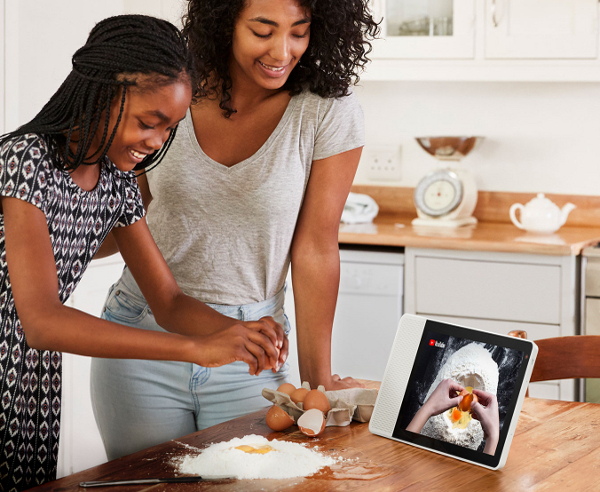
Lenovo Smart Display with Google Assistant now available for purchase
Hardware voice assistants are all the rage these days, but let's be honest -- humans are very visual creatures by nature. It's great to interact with our voices and ears, but it can be limiting too. For instance, if you want to ask a voice assistant, such as Alexa, what a dog is, she can tell you. But isn't it better to be shown as well? In other words, in certain situations audio-only is fine, but in others, visualization can be a plus. It is good to have choice.
Amazon saw the light and introduced Echo devices with screens, such as the Echo Show and Echo Spot. Now it's Google's turn. Today, the search giant announces the first-ever devices using its Smart Display platform are available for purchase. If you aren't familiar, it is essentially a tablet that is intended to primarily be stationary -- so you always know where it is. It is a Google Home on steroids, if you will. There are just two models to be had today, both from Lenovo.
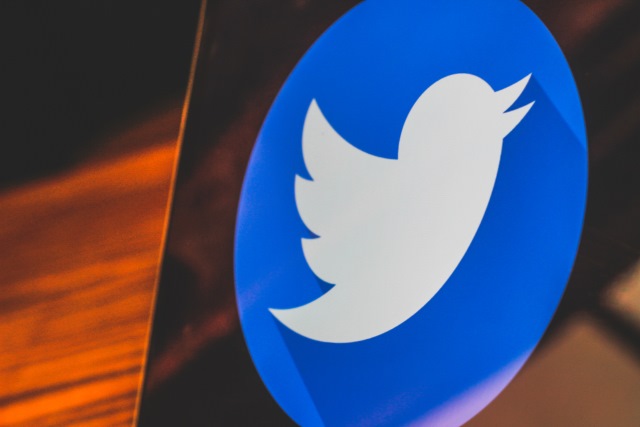
Twitter responds to Donald Trump's allegations that Republicans are being shadow banned
Out of the blue today, Donald Trump took to his favorite medium of Twitter to complain that the company was "shadow banning" prominent Republicans -- and it wasn't long before Donald Trump Jr sided with his father.
The allegations stem from a Vice article that suggested Twitter was limiting the visibility of searches for key Republican figures -- something Twitter denies. The company says that a bug is to blame and it is actively working on addressing it.
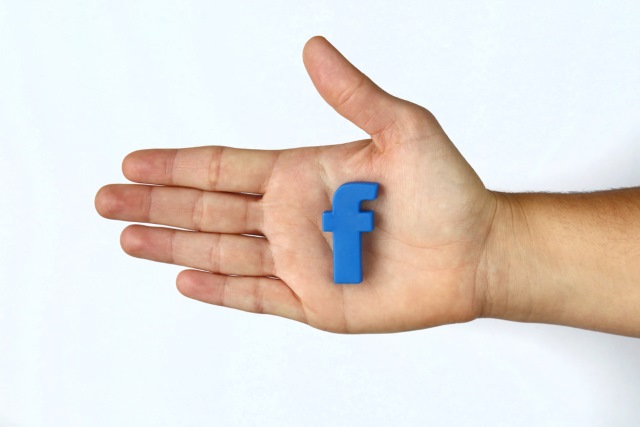
Facebook value plummets by $118bn and Zuckerberg's fortune drops $16bn following privacy scandal-fueled growth slowdown
Facebook shares and the personal fortune of Mark Zuckerberg took massive hits as the social network felt the impact of a growth slowdown and the fallout of recent privacy scandals.
The company issued a warning to investors about a deceleration of growth in its userbase, leading to a stock drop of around 20 percent. A drop in share price lowered the value of Facebook by a massive $118 billion -- a record-breaking one-day drop in the value of a company.


